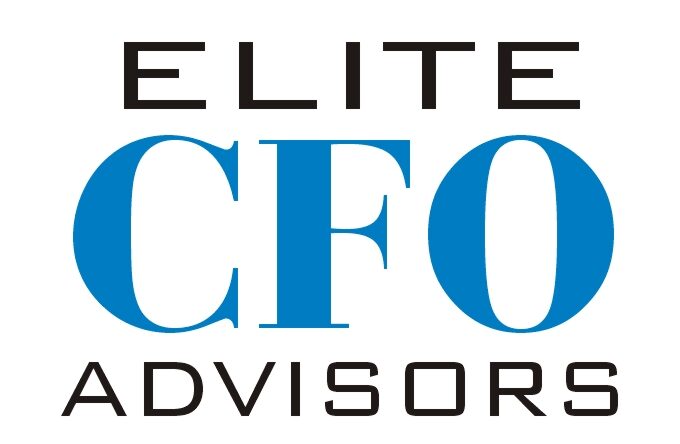
When it comes to the financial health and strategic planning of a business, the role of an accountant cannot be overstated. Accountants do more than just balance books and prepare tax returns; they provide insights that can help guide business decisions and foster growth. The question often arises: is it better to hire an accountant who is exceptionally knowledgeable about their job, or one who combines this knowledge with years of experience as a business owner? This article explores the merits and considerations of each option to help you make an informed decision.
The Exceptionally Knowledgeable Accountant
An accountant with exceptional knowledge of their profession is a valuable asset to any company. This level of expertise typically means they are highly trained, up-to-date with the latest accounting standards, and adept at using modern accounting tools and technologies. Here’s what an exceptionally knowledgeable accountant can offer:
- Technical Proficiency: These professionals excel in the technical aspects of accounting, from forensic accounting to international financial reporting standards. Their expertise ensures that the financial aspects of your business are handled with precision and according to the latest legal requirements.
- Regulatory Compliance: Keeping abreast of changes in financial regulations is crucial, and a highly knowledgeable accountant can navigate these complex waters with ease, ensuring that your business remains compliant and avoids potential legal issues.
- Tax Optimization: Expert accountants can devise strategies to minimize tax liabilities and maximize profitability. They are skilled in finding legitimate opportunities for tax savings that a less knowledgeable accountant might overlook.
- Financial Forecasting and Analysis: They can provide detailed forecasts and analyses, helping businesses plan for the future more effectively and make informed decisions about investments, expansions, or cutbacks.
The Accountant with Business Ownership Experience
On the other hand, an accountant who has been a business owner brings a different set of skills and insights to the table. Their experience running a business provides them with a practical perspective that purely technical knowledge cannot offer. Here’s what you can expect from an accountant with business ownership experience:
- Empathy and Understanding: Having managed their own business, they understand the day-to-day challenges that business owners face, from cash flow management to dealing with suppliers and customers. This makes them particularly adept at providing practical advice that resonates with business owners.
- Strategic Insight: Beyond just recording and reporting financial data, these accountants can offer strategic advice based on real-world experience. They can help in areas such as business planning, risk management, and operational efficiency.
- Holistic Approach: Accountants with business ownership experience tend to look at the business from a holistic perspective, considering factors beyond the financials that affect the business’s health and growth.
- Networking and Resources: They often bring a network of contacts and resources that can be beneficial for business growth and problem-solving.
Combining the Best of Both Worlds
Ideally, an accountant who combines both deep technical knowledge and practical business ownership experience would be the best of both worlds. Such a professional would not only handle the accounting tasks with expertise but also contribute to strategic planning and decision-making from an owner’s perspective.
Making the Right Choice
Choosing between these two types of accountants depends on your business’s specific needs:
- For startups and small businesses: An accountant with business ownership experience might be more beneficial as they can offer practical advice and strategies that are directly applicable to the challenges of starting and running a small business.
- For larger, more complex organizations: An exceptionally knowledgeable accountant might be preferable due to the complexity and scale of accounting needs that require specialized skills and deep technical knowledge.
Conclusion
Both types of accountants bring valuable skills to a business. The decision should be based on the specific financial, operational, and strategic needs of your business. If possible, finding an accountant who offers both deep technical proficiency and practical business experience is ideal, but if you have to choose, consider what your business needs most to thrive in its particular environment. Whatever choice you make, ensure that your accountant aligns well with your business goals and can contribute to its long-term success.

